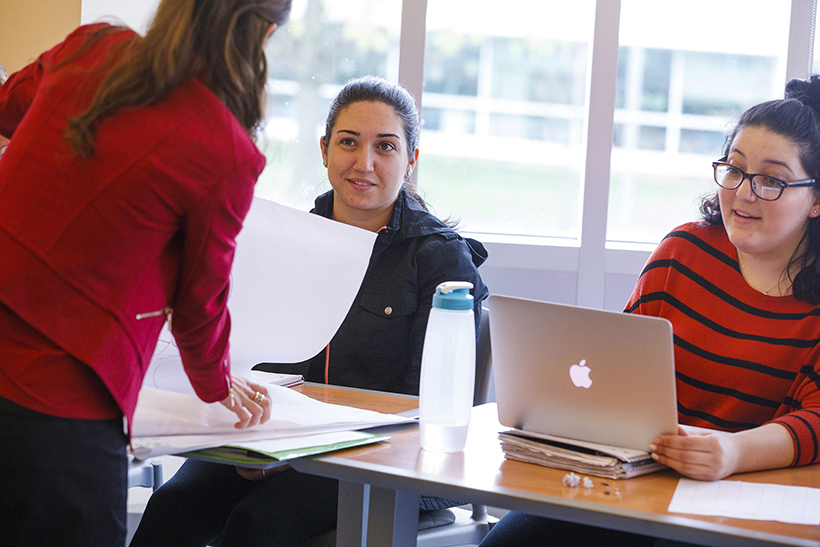This post by NCTE member Nicole Sieben is reprinted from her article in The Council Chronicle (Dec 2017).
Notebooks, mind maps, journals, pictures, books, paintings, a year-old packet of lifesavers, an engraved lacrosse stick, and a miniature drum set—all artifacts of the hope imbued in my narrative—sit actively on my office shelves. Hope signs written in various languages, quotes that encourage goal pursuit and social justice, and projects that emanate hope in various forms rest on the walls.
My office space is in essence my own hope story, and it demonstrates my pathways and experiences with writing hope. It is also an invitation to conversations and collaborations that build hope.
Hope is a future-casting concept; it has forward-moving momentum and helps us set, work towards, adjust, and achieve worthwhile goals. Hope is not exclusively for the already hopeful students; it is also, and perhaps more critically, for those students who do not see hope in their lives but who can.
As cognitive science research reveals, every student is capable of hope if it is facilitated purposefully in supportive environments.
At the intersection of English education and positive psychology, writing hope is a skills-based, motivational strength that can build writing competencies and hope in individual writers and groups of writers.
Through a research-based Writing Hope Framework, students and teachers can work together to build a strengths-focused discourse in the classroom community. One way to establish such a discourse is by accessing students’ prior experiences with hope in their lives.
Freewriting Activity
In order to establish a hope-centered discourse in my classroom and access the hope that is already present, I start the year with the following freewrite prompt:
Consider a time when you were hopeful. What did you hope for? How did you make this hope a reality? Did you meet any obstacles along the way? If so, how did you circumvent such challenges to ultimately achieve success? What did success look like for you?
Through this freewriting activity, students write about a time in their lives when they were generally hopeful and consider the pathways they took to get there. Then as a class we discuss how being hopeful in one circumstance can teach us how to be hopeful in other situations like writing.
When students trace the ways in which they have made certain life goals a reality, we make parallels to writing process pathways that students can follow for writing success as well. Identifying routes through challenges can lead students to imagine how they can grow hope about life goals and about writing goals, and not just about writing for academic purposes, but also for personal and professional reasons too.
Our classrooms can be spaces where students learn the ways of hope to get through trauma, struggle, or stress. When we set intentional, hope-focused goals in our classrooms with our students and support goal pursuit through strengths-based instructional interventions, we can build hope meaningfully with our students.

Nicole Sieben is associate professor of secondary English education, SUNY-Old Westbury, New York, and the author of Writing Hope Strategies for Writing Success in Secondary Schools: A Strengths-Based Approach to Teaching Writing (Brill, 2018). Her forthcoming book, Writing Hope Found in Uncertain Times: Teaching English Language Arts in Search of Hope Moments, is an edited collection of research and teacher narratives that highlights the voices of ELA teachers doing hope-focused work in schools.
In the banner image, Nicole Sieben is shown with students in 2017 in her classroom at SUNY–Old Westbury.
It is the policy of NCTE in all publications, including the Literacy & NCTE blog, to provide a forum for the open discussion of ideas concerning the content and the teaching of English and the language arts. Publicity accorded to any particular point of view does not imply endorsement by the Executive Committee, the Board of Directors, the staff, or the membership at large, except in announcements of policy, where such endorsement is clearly specified.

